First batch of migrants sent to Albania returned to Italy after court ruling
Published on 19/10/2024 - 9:00 GMT+2 •Updated
The 12 were part of the first batch of 16 migrants to be sent to the two centres that opened last week under a five-year deal to host 3,000 migrants per month picked up by the Italian coast guard, to vet them for possible asylum in Italy or to be sent back to their countries.
But each migrant’s detention must now be reviewed by special migration courts in Italy under Italian law, and on Friday a court in Rome rejected the detention of the 12, arguing that they cannot be sent back to their countries or origin - Bangladesh and Egypt - because the court did not deem the countries to be safe enough. . .
Meloni slammed the judges following the ruling, and said that deeming countries such as Bangladesh and Egypt unsafe means that virtually all migrants would be barred from the Albania program, making it unworkable. Her interior minister, Matteo Piantedosi, said the government would appeal the ruling.
- Speaking to reporters during a trip to Lebanon, Meloni said she would convene a Cabinet meeting on Monday to discuss the issue.
“I believe it's up to the government and not magistrates to establish which countries can be considered safe.”
Although Bangladesh and Egypt are not at war or facing any large refugee crises, the Rome judges said their decision to deem them unsafe was based on recent international rulings that consider discrimination or persecution in even a part of a country as grounds for such a determination.
The anti-migration League party — part of Meloni’s coalition government — accused the judges of being activists issuing politically motivated decisions.
- The Italian center-left opposition responded by stressing that the current scheme is expensive, complicated and damaging to migrants' rights.
- However, now all of them must be transferred to Italy.
- The facilities are run by Italy and are under Italian jurisdiction, while Albanian guards provide external security.
The controversial agreement to outsource the housing of asylum-seekers to a non-EU member country has been hailed by some countries that, like Italy, are experiencing a high level of migrant arrivals.
The agreement was endorsed by European Commission President Ursula von der Leyen as an example of “out-of-box thinking” in tackling the issue of migration into the European Union.
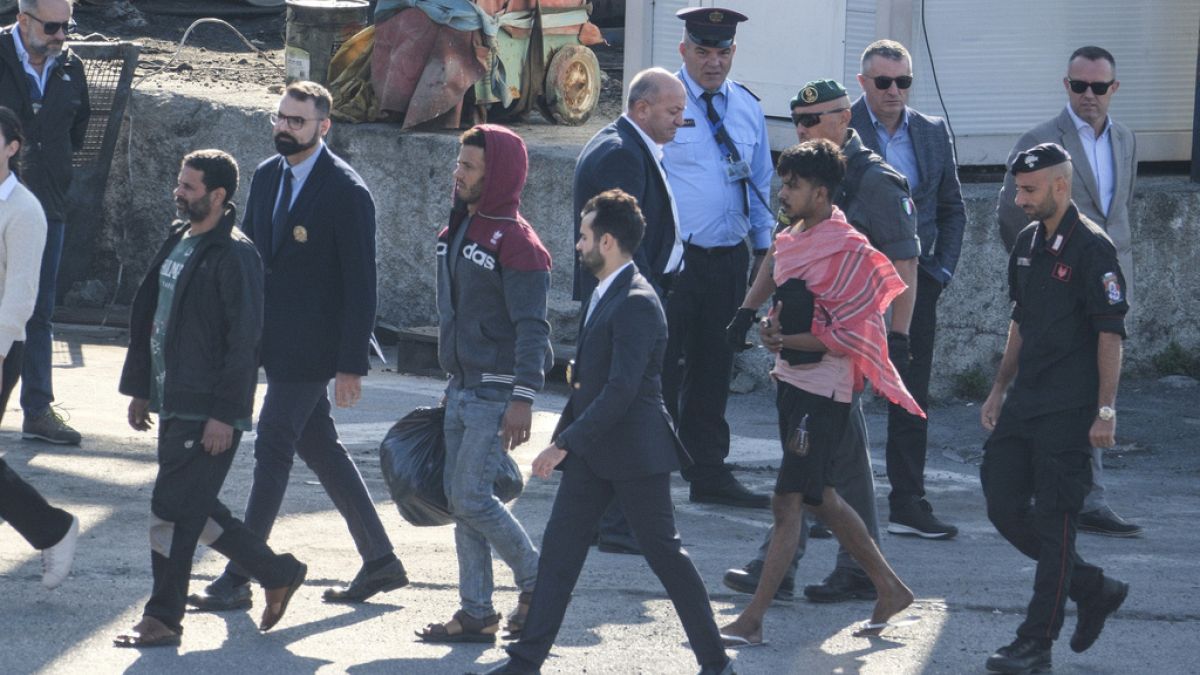
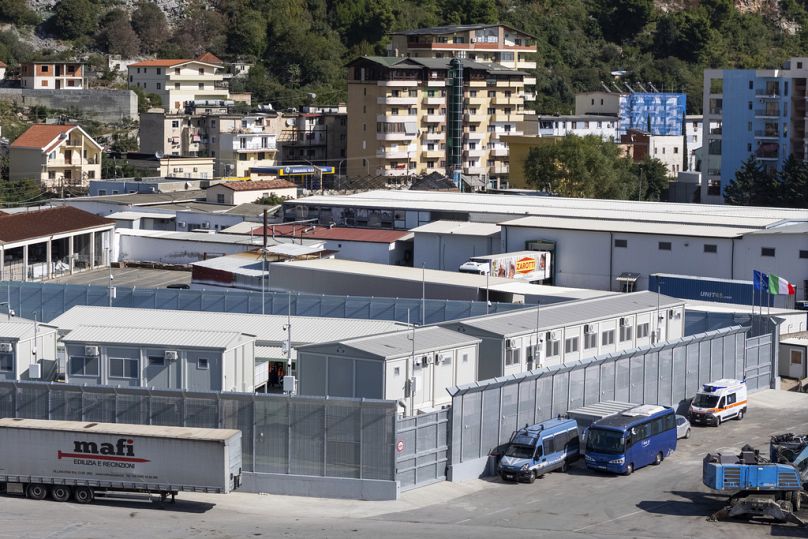
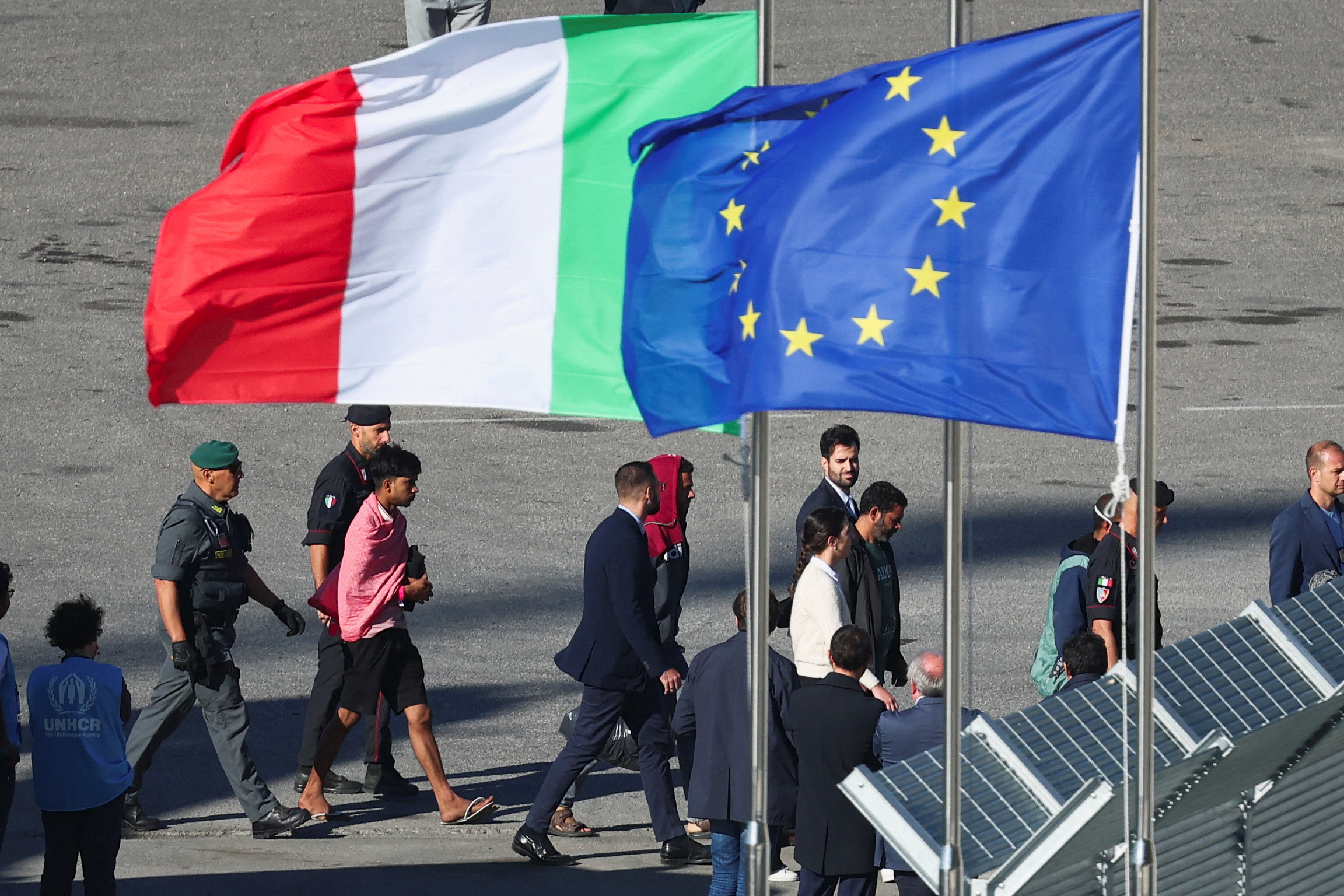
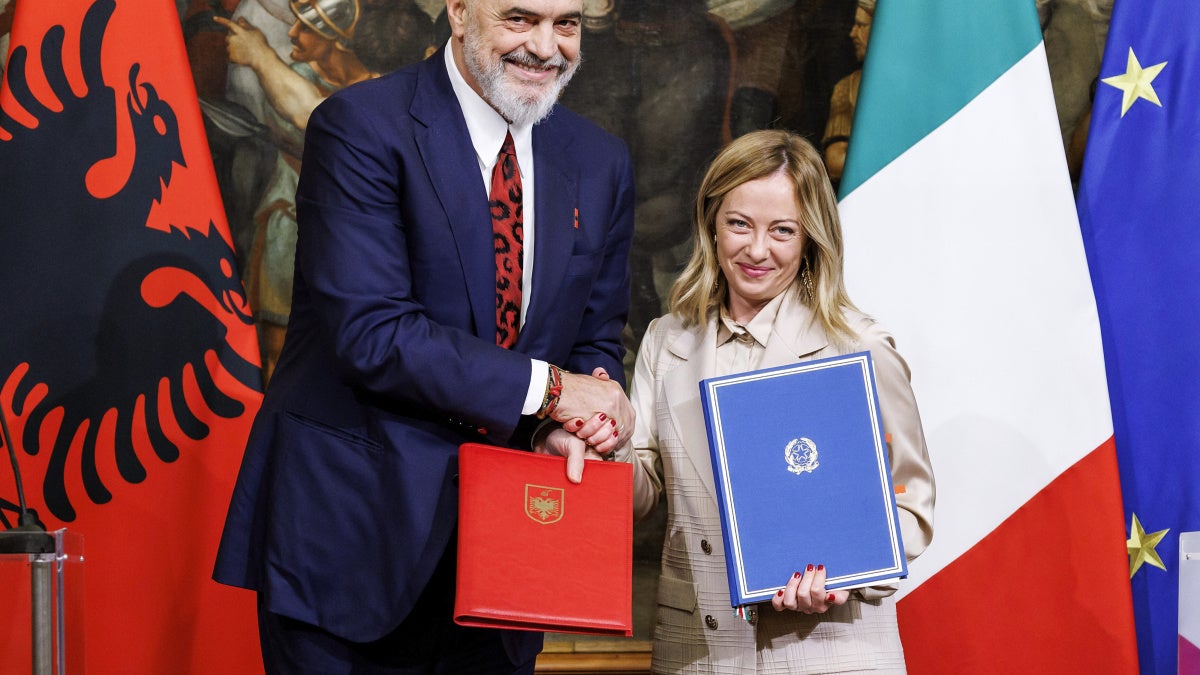

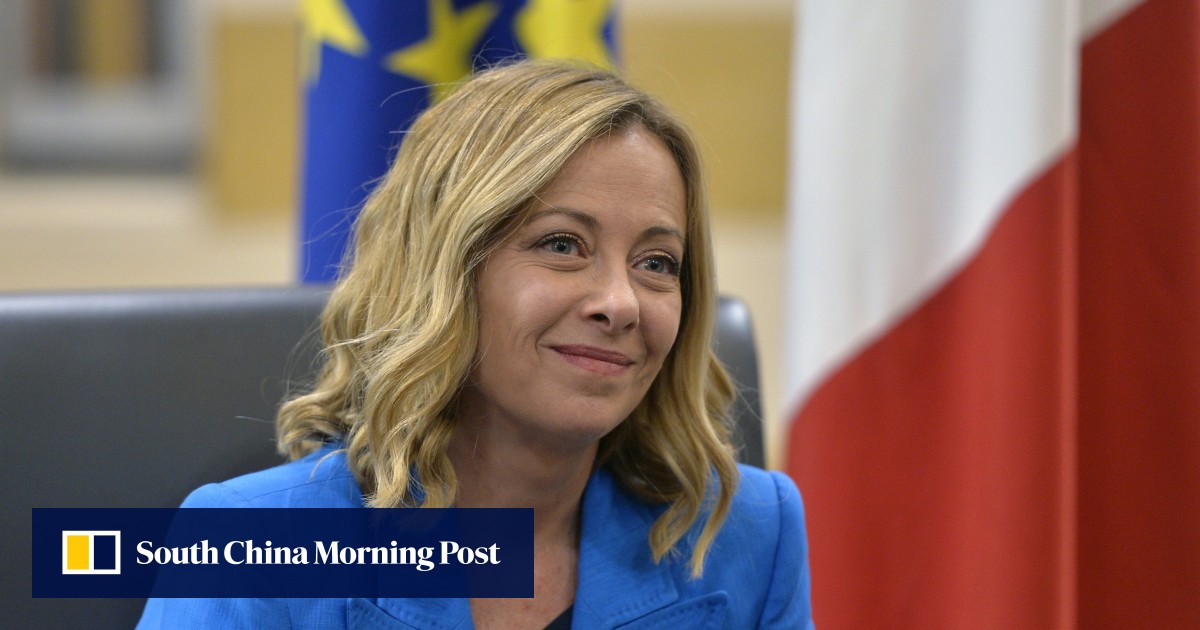




No comments:
Post a Comment